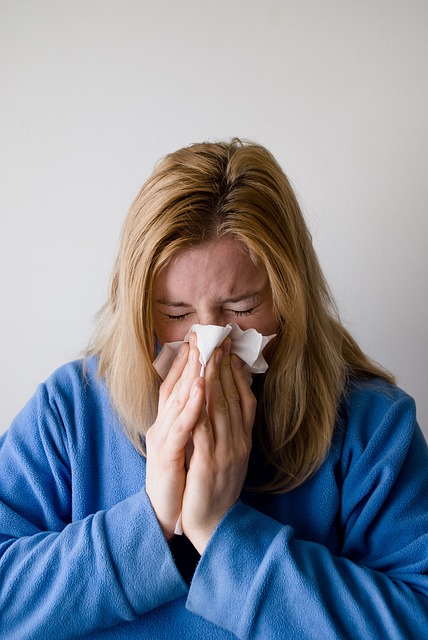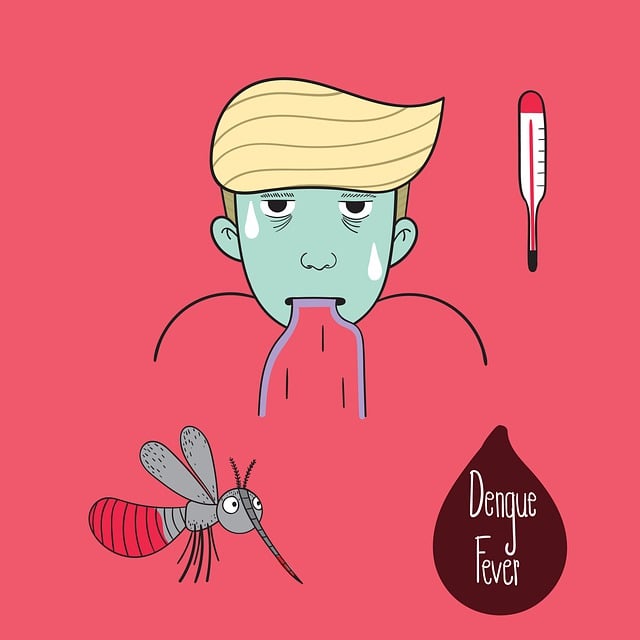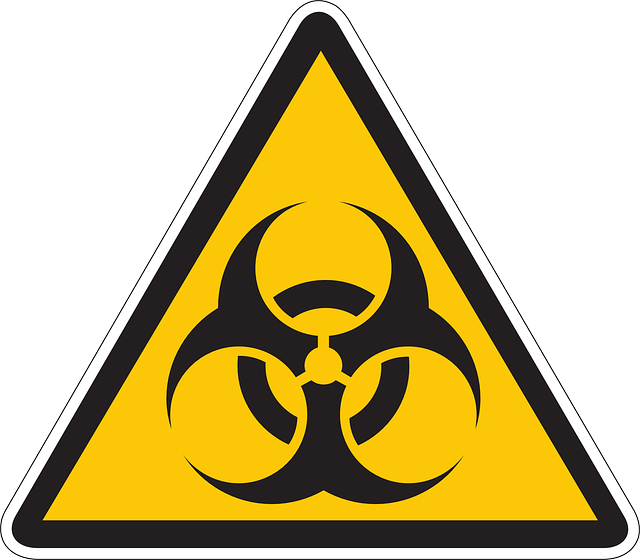Exposure to mold can cause a range of health problems, from coughing and wheezing to skin rashes and severe reactions. Individuals with allergies or asthma are at higher risk for developing mold allergies and potentially toxic mold sickness. Recognizing symptoms like sneezing, runny nose, and breathing difficulties is crucial for early intervention, as prolonged exposure can lead to serious health effects, especially among vulnerable populations such as asthmatics, the elderly, children, and those with compromised immune systems. Regular inspections of damp areas are key to prevention.
Inhaling toxic mold spores can lead to a range of respiratory issues and even life-threatening conditions. Recognizing the early warning signs of mold-related problems is crucial for preventing severe health complications. This article explores the subtle symptoms of mold exposure, such as coughing, wheezing, and nasal congestion, which might indicate underlying allergy risks. We delve into the health effects of a mold infestation, from respiratory infections to neurological issues, emphasizing the importance of swift action. Understanding these signs can help you detect and address mold-related respiratory issues before they escalate.
- Recognizing Mold Exposure Symptoms and Allergy Risks
- Understanding the Health Effects of Mold Infestation
- Detecting and Addressing Mold-Related Respiratory Issues Early
Recognizing Mold Exposure Symptoms and Allergy Risks

Recognizing Mold Exposure Symptoms and Allergy Risks
Exposure to mold can lead to a range of health issues, especially for those with pre-existing respiratory conditions or weakened immune systems. Common symptoms of mold exposure include coughing, wheezing, nasal congestion, and difficulty breathing. These symptoms may worsen over time if the individual continues to be exposed to moldy environments. It’s important to pay attention to any persistent respiratory problems, as they could indicate an underlying mold-related issue.
In addition to respiratory troubles, individuals might also experience allergic reactions to mold. Mold allergies can cause sneezing, itching eyes, skin rashes, and even severe reactions in some cases. Those with a history of allergies or asthma are particularly susceptible to these allergy risks. Understanding the health effects of mold is crucial for recognizing potential problems early on, as prompt action can prevent the progression of symptoms and mitigate the risk of developing toxic mold sickness.
Understanding the Health Effects of Mold Infestation

Understanding the Health Effects of Mold Infestation
Mold exposure symptoms can range from mild to severe, depending on the type and extent of mold present in your environment. Prolonged or intense mold exposure increases the risk of developing a mold allergy, which can lead to various health issues, including respiratory problems, skin irritations, and even eye infections. The health effects of mold are multifaceted; it’s not just about allergies. Mold can produce toxic compounds known as mycotoxins, which can cause what is often referred to as toxic mold sickness. This condition may manifest with symptoms like fatigue, headaches, coughing, shortness of breath, and memory problems.
Those already susceptible to respiratory conditions like asthma or cystic fibrosis are at higher risk for developing mold-related respiratory issues. Children, the elderly, and individuals with compromised immune systems are also particularly vulnerable to the health effects of mold. Recognizing the warning signs of mold related respiratory issues is crucial, as early intervention can prevent complications and mitigate long-term damage.
Detecting and Addressing Mold-Related Respiratory Issues Early

Detecting and addressing mold-related respiratory issues early is crucial to mitigating potential health risks. Familiarizing yourself with common mold exposure symptoms like sneezing, runny nose, coughing, and difficulty breathing can help in identifying an emerging problem. Regular inspections of damp or humid areas within your home or workplace are essential, as these environments foster mold growth.
Prompt action is key when facing suspected mold-related respiratory issues. If you or someone you know experiences persistent symptoms associated with mold allergy risks such as nasal congestion, itchy eyes, or skin rashes, it’s important to consult a healthcare professional. Early detection can prevent the progression of symptoms into more severe health effects of mold, including toxic mold sickness, which can have debilitating and even life-threatening consequences.
